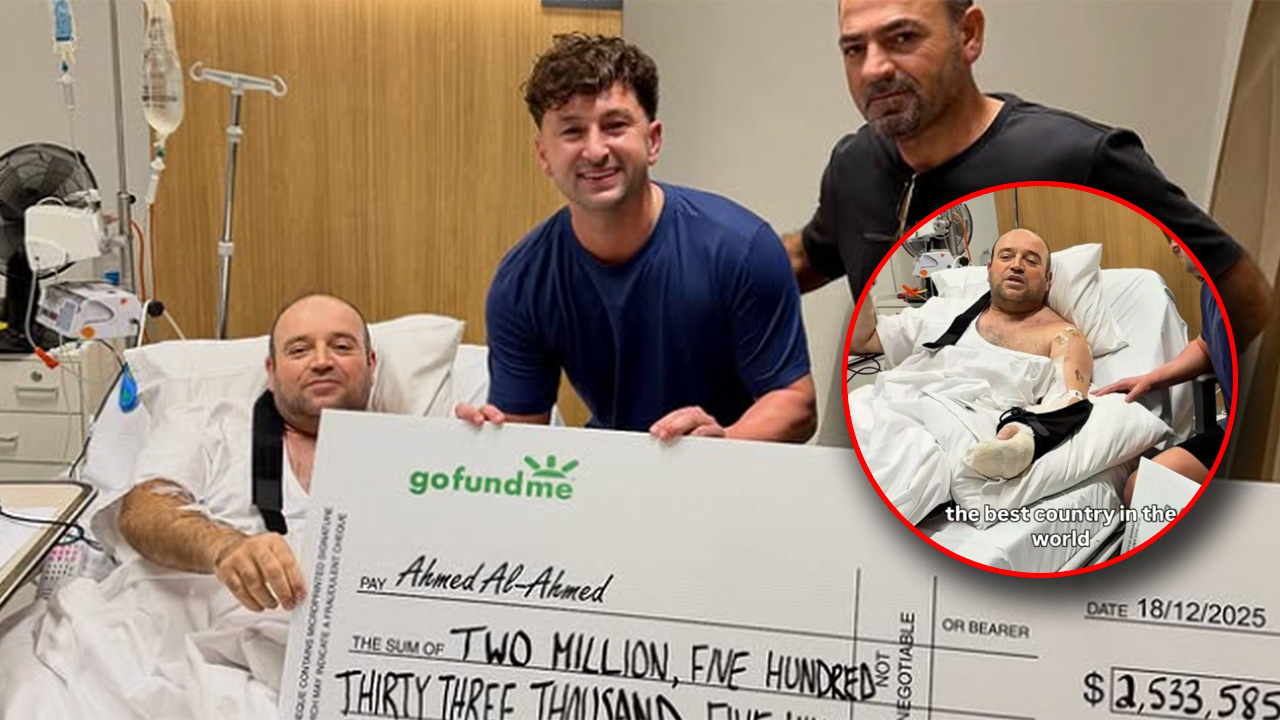A groundbreaking new study suggests that getting vaccinated against shingles could offer protection against dementia, adding to the growing evidence linking viral infections to cognitive decline.
Shingles is a painful and debilitating condition that occurs in individuals who have previously had chickenpox. The varicella-zoster virus, responsible for both diseases, can lie dormant for years before reactivating as shingles.
The latest research, published recently in Nature, analysed data from over 280,000 older adults in Wales. The findings reveal that individuals who received the original live-virus shingles vaccine were 20% less likely to develop dementia than those who were not vaccinated.
The study was made possible by a unique public health policy in Wales, which provided an unusual opportunity to compare similar populations. On September 1, 2013, the vaccine was offered to individuals who were 79 years old on that date but not to those who had turned 80. This created two nearly identical groups, differing only in their eligibility for the vaccine, allowing researchers from Germany and Stanford University to examine its impact on dementia risk.
“This study is essentially like a randomised controlled trial, which is the gold standard in research,” said Dr Pascal Geldsetzer, a Stanford University assistant professor of medicine and senior author of the study.
Previous research has suggested an association between the newer Shingrix vaccine – which replaced the live-virus version in 2020 – and a lower risk of dementia, particularly in women. However, earlier studies were unable to fully account for differences between vaccinated and unvaccinated individuals, such as overall health status.
Dr Allison Aiello, a professor of epidemiology at Columbia University’s Aging Centre, praised the design of the Welsh study. “It’s like having a control group compared to a treated group,” Aiello, who was not involved in the research, said. “The 20% reduction in dementia risk is a pretty strong effect, which aligns with other findings that suggest herpes viruses might influence dementia.”
Scientists do not yet fully understand how the varicella-zoster virus increases dementia risk. One theory is that viral reactivation may contribute to the buildup of abnormal proteins associated with Alzheimer’s disease. Another possibility is that shingles reactivation might also trigger herpes simplex virus (HSV), which has previously been linked to dementia.
Herpes viruses, including HSV-1 and HSV-2, can linger in the body indefinitely, often reactivating when the immune system weakens with age. These viruses can infiltrate the central nervous system, potentially leading to brain inflammation and neurodegenerative effects. A 2024 study found that among 70-year-olds without dementia at the outset, those diagnosed with herpes simplex were more than twice as likely to develop dementia over 15 years.
While the new study offers compelling evidence, it is not a definitive randomised controlled trial, cautioned Dr William Schaffner, an infectious disease expert at Vanderbilt University Medical Centre. “It’s provocative, interesting and exciting,” he said. However, he noted that it would be unethical to randomly assign people to receive or forgo the vaccine.
The US FDA may eventually review the accumulating research and consider updating the shingles vaccine label to reflect a possible dementia-protection benefit, Schaffner added. Even if such an update does not occur, doctors may use these findings to encourage more people over 50 to get vaccinated.
“There are still many eligible people who haven’t received the vaccine,” Schaffner said. “If they hear that it might help prevent dementia, that could be the push they need.”
Image: Supplied












